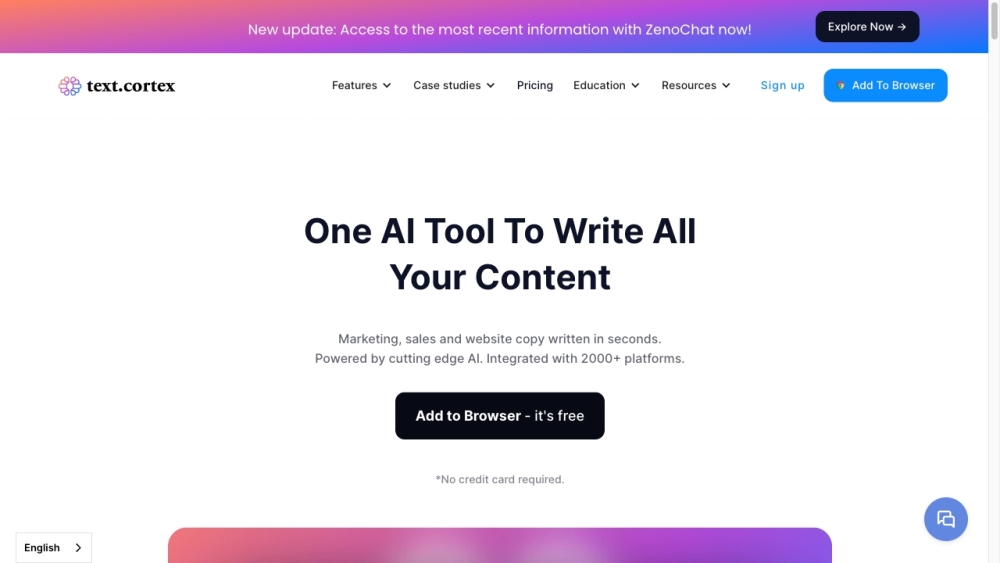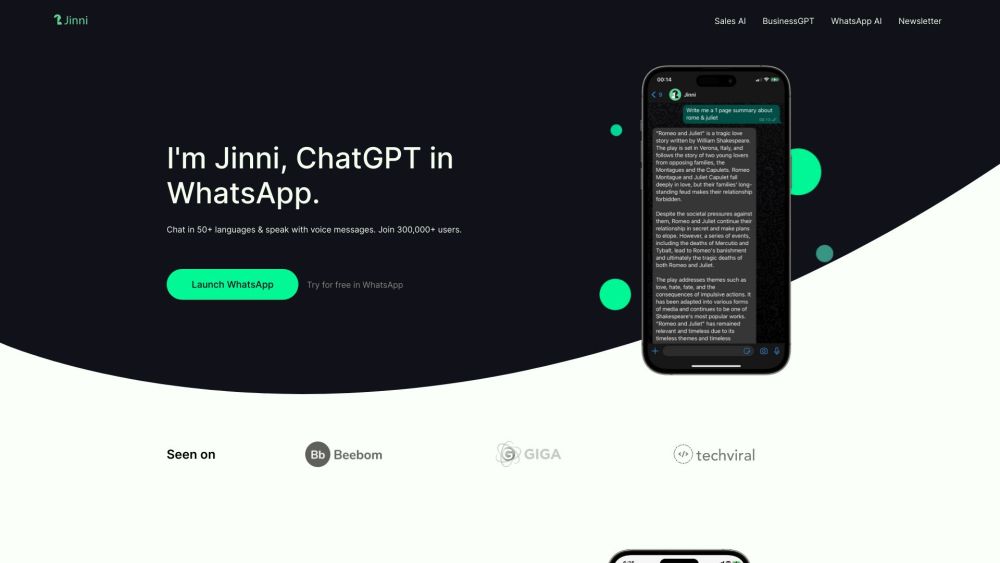Transforming Software Engineering with Large Language Models (LLMs)
The rapid advancement of Large Language Models (LLMs) is revolutionizing software engineering. Over the past few years, LLMs have progressed from sophisticated code autocomplete tools to powerful AI agents capable of designing, implementing, and debugging entire software modules. This evolution enables software engineers to significantly boost their productivity.
While some enthusiasm surrounding AI-powered software engineering may be exaggerated, there is undeniable value for developers willing to embrace these cutting-edge AI tools. By leveraging LLMs, developers can achieve remarkable efficiency in their work.
AI Coding Assistants: Enhancing the Coding Experience
LLMs are transforming the coding landscape in three primary ways. First, developers are utilizing advanced models like ChatGPT and Claude as coding assistants. These AI interfaces are becoming proficient at generating code from text descriptions, refining existing code snippets, and assisting with debugging.
To enhance the developer experience, model providers are continually adding new features. For instance, Claude's Artifacts feature allows users to view and run code while iterating, streamlining the development process.
A more sophisticated application of AI coding assistants is their integration into Integrated Development Environments (IDEs) as plugins. These plugins utilize project files and codebases to deliver precise responses and tackle more complex tasks.
Tabnine, established in 2013, pioneered AI-assisted coding tools, claiming millions of users who generate 30% to 40% of their code using the platform. Microsoft followed suit with GitHub Copilot, which began as a code snippet generator and evolved into a comprehensive assistant for various development tasks. Amazon's Q offers similar capabilities, including code autocomplete and support for migrating between programming languages.
Additional players in the AI coding space include Replit, which features its own LLM-driven coding environment, and Codeium, an assistant compatible with numerous IDEs.
Agentic Frameworks: The Future of Software Development
LLMs are also empowering software engineering through agentic frameworks. AI agents, composed of multiple LLMs, collaborate to complete projects. One agent may focus on high-level design, while others tackle detailed planning, code writing, quality review, and integration.
Theoretically, these software engineering agents can execute a project from start to finish. A notable example is Cognition's Devin, marketed as "the first AI software engineer." Devin utilizes various tools, including browsers, IDEs, and compilers, to research, reason, code, and evaluate results. Demonstrations have shown Devin efficiently completing tasks, raising speculation about AI agents potentially replacing software engineers.
Although Devin is not currently open source, it has sparked projects like OpenDevin, which offers similar capabilities. Other software development agents, such as GPT-engineer, have also emerged and delivered impressive demonstrations.
Hype vs. Reality in AI Software Development
Research indicates that AI assistants like GitHub Copilot enhance developer productivity and help maintain focus by reducing the time spent searching for solutions. ChatGPT and Claude are increasingly being used for drafting software design ideas, creating initial code versions, and acquiring new coding skills.
However, skepticism exists regarding some of the enthusiasm for AI software development assistants. Critics note that demonstrations of tools like Devin may not accurately represent their capabilities, as these agents currently fall short of performing the full range of tasks expected of mid-level or senior software engineers.
Concerns persist about the potential for AI-generated code to contain vulnerabilities derived from its training data or the user's code base. Providers are actively implementing safeguards to reduce the risk of generating insecure code. Moreover, "automation blindness" can occur when developers rely excessively on AI-generated code, leading to unpredictable outcomes that require additional debugging time.
In conclusion, while AI is not poised to replace software developers, the early stages of AI coding assistants hold substantial promise for enhancing productivity. As the demand for software developers continues to rise alongside AI's integration into various domains, we can anticipate greater efficiency in software engineering as these tools develop.
The VB Transform 2024 conference will delve deeper into these transformative themes, featuring expert panels discussing the interconnected future of AI. We look forward to your participation!




